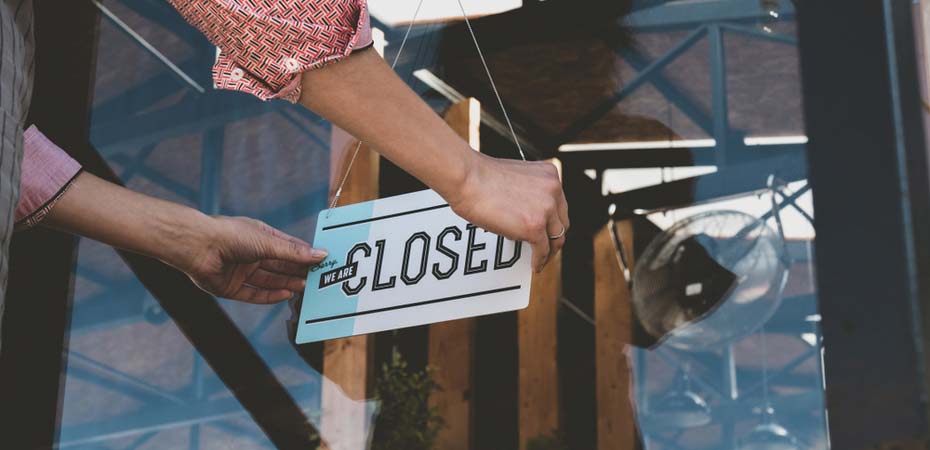It has been a week since the World Health Organization declared Coronavirus Disease 2019 ("COVID-19") a pandemic. On Tuesday March 17, 2020, the Province of Ontario declared an emergency pursuant to Order in Council 518/2020. As the spread of the virus begins to have a ripple effect on global industry and markets and ever-increasing travel restrictions are put in place, supply chain disruptions are beginning to impact businesses and consumers worldwide.
In these novel circumstances, businesses are turning their minds to mitigating the potential impact of business disruptions and related losses. For all businesses, unexpected interruptions can cause liquidity problems and disastrous financial impacts. Companies often allocate the risk of unexpected disruptions to their operations through their insurance policies and contracts. Given the uncertainty surrounding the availability of insurance coverage or contractual relief in the context of COVID-19, these claims will likely raise unique proof and quantification challenges.

A. Business Interruption Insurance
Business interruption insurance is a form of property insurance that provides coverage for lost income and extra expenses during a period of interruption. Typically, the insuring agreement requires that the interruption or suspension of business operations be caused by "direct physical loss or damage" to insured property. "Interruption" refers to a business's inability to put insured property to its normal use due to damage caused by a covered peril.
It is not as clear whether a loss can or will be considered "physical" in the context of COVID-19. The standard language used in most policies is not favourable in terms of recovery for such claims, and Canadian case law for analogous situations is sparse. Much will depend on the specific wording of the policy and the factual details surrounding each individual loss.
Generally, "direct physical loss" requires that a "physical" item or a property must be damaged before a claim can arise. Non-physical (and therefore excluded losses) include monetary damages, such as payment in settlement of another action and future purchase credit or legal costs.[1] Similarly, financing costs[2] and economic loss are not "physical losses"[3]. In addition, "virus" and "disease" are typically not named perils unless added by endorsement and may, in fact, be expressly excluded.
To the extent an insured's business interruption arises from causes other than physical damage (such as the workforce becoming ill, ports temporarily closing, etc.), coverage may not trigger.
B. Developments in the United States
While standard policy language is generally not favourable for recovery on pandemic-related business interruption claims, the COVID-19 experience appears be leading to considerable pressure for change, levelled at both the legislative bodies and the judiciary.
On March 16, 2020, Bill A-3844 was introduced in the New Jersey legislature, proposing that property insurers be mandated to respond to business interruption claims for businesses with fewer than 100 employees. While the future of the bill is uncertain at this time, it signals pressure which may continue to be placed on insurers as the economic impact of COVID-19 continues to grow.
Other forms of political pressure are also arising in the United States. On March 19, 2020, eighteen members of Congress wrote to representatives of the insurance industry urging them to extend business interruption coverage in light of the COVID-19 outbreak. While those eighteen members are currently simply urging insurers to act, that could change as constituent pressures mount.
In addition to political pressure mounted at insurers, insureds are also taking aim at insurers through the courts. On March 16, 2020, a restaurant owner in the State of Louisiana filed the first lawsuit seeking coverage for business interruption due to a COVID-19 based closure.[4] The complaint alleges that COVID-19 in the insured premises, and properties in the vicinity of the insured premises, constitutes "physical damage" to the property. In addition, it is alleged that the COVID-19 "contamination" caused the city to order the shut down of restaurants.
The outcome of the Louisiana petition is unclear, as the State of Louisiana has subsequently closed its courts for the period of March 19, 2020 through to April 10, 2020.
C. Going Forward
It remains to be seen how Canadian courts will interpret the insuring agreements and exclusions of business interruption policies in light of the COVID-19 emergency and the significant demand for relief. While no COVID-19 coverage-related litigation has yet been commenced in Canada, it is doubtless to come. To date there has been no suggestion of legislative pressure put on insurers to honour insurance claims in light of COVID-19. However, we are still in the early stages of this emergency. It is conceivable that the experience of our southern neighbours could prompt similar attempts at political pressure in Canada as businesses continue to suffer supply interruptions, closures and financial losses.
Even where coverage or relief is available, providing proof of financial losses can be complex and challenging. Causation and the quantum of losses, including mitigation efforts, should be well-documented. In the face of the evolving COVID-19 outbreak, businesses should consult with their insurance representatives and legal counsel from an early stage to mitigate their business losses.
Gowling WLG (Canada) LLP has extensive experience in dealing with crises, complex business losses, and contested insurance claims. Our professionals are available to meet with you or your organization to discuss any questions or concerns you may have regarding the impact of COVID-19 to your business, and the insurance solutions which may be available.
[1] Inland Concrete Ltd. v. Commonwealth Insurance Co. (2011) 2011 ABQB 378, at paras 76, 78-80
[2] British Columbia Building Corp. v. Reed Stenhouse Ltd. 1989 CarswellBC 32 (BCSC) ["Reed"]
[3] Sterling Crane v. Penner Brothers Utilities Ltd. 1985 CarswellBC 633 (BCSC)
[4] Cajun Conti, LLC, et al. v. Certain Underwriters at Lloyd's London, et al., Civil District Court for the Parish of Orleans, Louisiana (unreported)